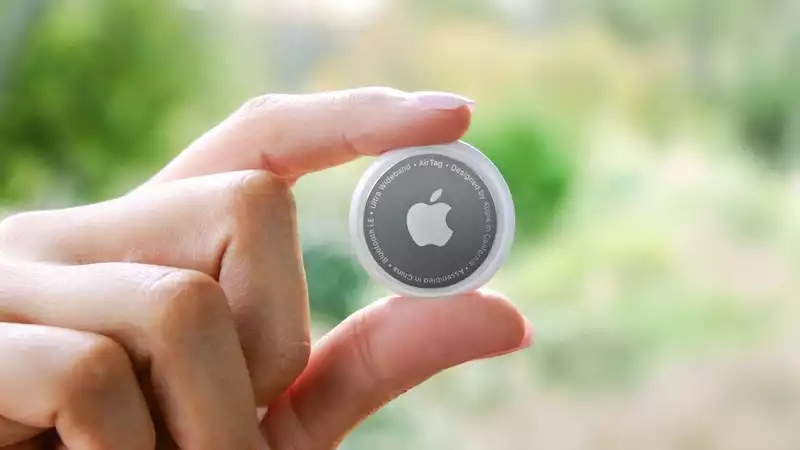Apple's AirTags are a $29 solution to the problem of lost keys, but just one week after the tracker's launch, concerns are already being raised about its privacy features. In particular, it is becoming clear that the mini-tracker does not have adequate anti-stalking features.
While Apple has assured potential buyers that AirTags offer strong privacy protections and stalker prevention, the Washington Post report makes for grim reading for those concerned about the possibility of the trackers being used maliciously.
Washington Post reporter Jeffrey Fowler has conducted a series of field tests and claims that AirTag's anti-stalking measures are "not good enough."
In his tests, Fowler planted an AirTag on himself and asked colleagues to pretend to stalk him. His ultimate conclusion was that Apple's tracking device was "an inexpensive and effective new means of stalking."
Apple's privacy features include periodic audible alerts when the AirTag is away from its registered owner for more than three consecutive days, as well as notifying iPhone users that the AirTag is traveling with them. In Fowler's testing, none of these measures were fully effective.
After three days, Fowler's AirTag did emit a warning sound, but it was a mild whine that could easily be muffled by objects on the AirTag. Additionally, the warning tone only played for 15 seconds, and the tag was quiet again for the next several hours.
The three-day countdown resets when the tag contacts the registered owner's phone. So, for example, if an abusive partner was using the Air Tag to monitor the whereabouts of a person living with him or her, the sound may not be activated in the first place.
Of further concern is that iOS users can receive alerts if an unseen AirTag is traveling with them, but Android users, who make up about half of all U.S. cell phone owners, cannot receive such alerts. This is an issue that needs to be addressed as soon as possible.
Colleagues who conducted simulated stalking were fully informed of Fowler's movements, with updates every few minutes, from his exact location when he was at home to as accurate as half a block when he was out and about.
After these rather disturbing discoveries, the Washington Post contacted Apple and obtained comment from Kaiann Drance, vice president of iPhone marketing.
She called the safeguards "a powerful set of industry-first, proactive deterrents," but argued that the features could be tweaked over time.
"It is a smart, adjustable system, and we can keep improving the logic and timing so we can improve the set of deterrents," Drance said.
Drance also explained why three days was chosen as the time period before the alerts would go off, stating that Apple "wanted to balance the environment in which these alerts would go off and unwanted tracking."
While Apple has done more to prevent AirTags from being used for stalking than competitive devices like the Tile, it is concerning how easily security features are circumvented in the real world.
In our AirTag review, we named it "the best key finder for the iPhone" and were very impressed with the tiny tracker overall. However, these privacy measures need to be taken seriously, otherwise this device could become a useful tool for malicious people.










Comments